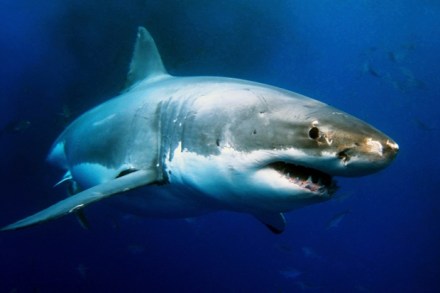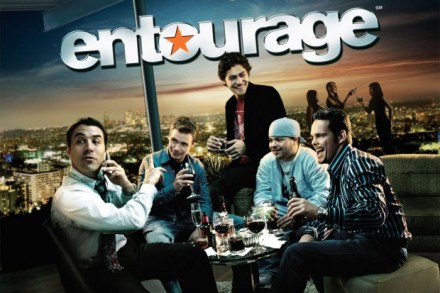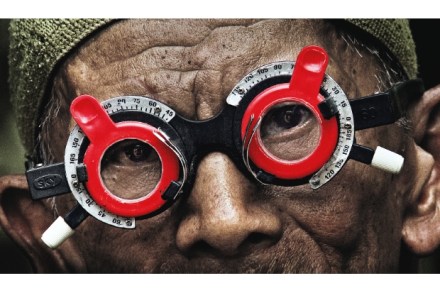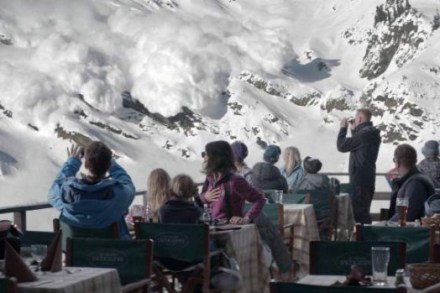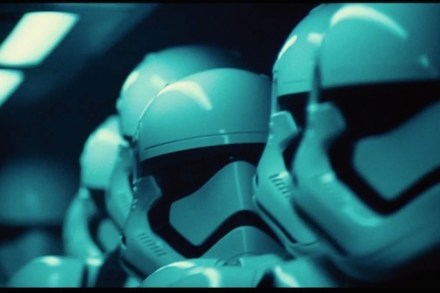Sharks are awesome!
For 40 years, ever since Jaws set box-office records and struck terror into the hearts of a generation, there’s been a counter-movement to rehabilitate the reputation of sharks. Marine scientists were appalled by the film, and have spent nearly half a century telling us that these sinister creatures are just misunderstood. Very few sharks are dangerous, they say. Do not be afraid! But I’ve dived with hundreds of sharks, and I’m scared of them. Sharks are terrifying — that’s what makes them great. I’ve been fascinated by sharks ever since watching Jaws as a teenager. I have more than 40 books about them on my shelves and I read any
